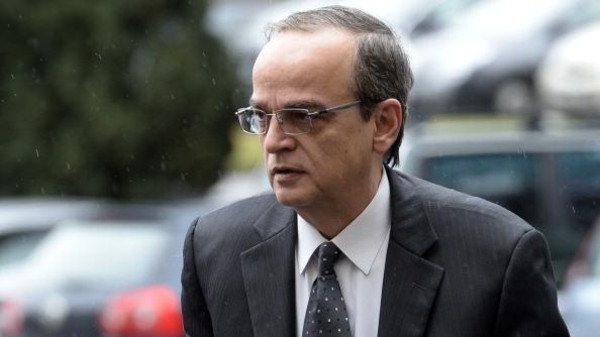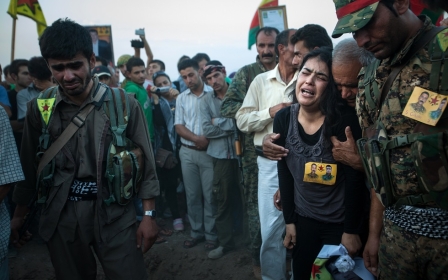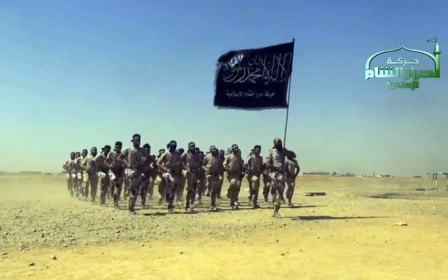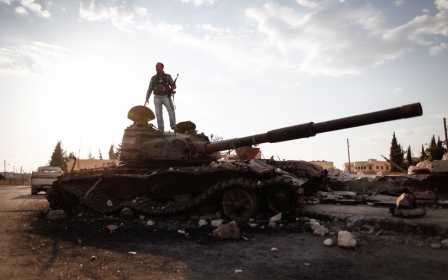Syrian opposition coalition dissolves military council after withdrawal threats

Syria’s main moderate opposition coalition has been rocked by a wave of protest resignations from the supreme military council of the Free Syrian Army (FSA), and has promised to make root-and-branch reforms within the next month to pacify members.
The National Coalition for Syrian Revolution and Opposition Forces, known as the Syrian National Coalition, announced on Sunday that it will be dissolving the FSA’s supreme military council, after key members announced their withdrawal in protest over the “ineffectiveness of partial reforms.”
At least ten key coalition members announced their withdrawal on Sunday, including the Syrian Revolutionary Front, Sham Legion and the Military Council in Raqqa, the northern province that Islamic State militants have been using as their base in Syria.
Citing the “needs of the current phase” of the current war to topple Syrian President Bashar al-Assad, the group said they would be withdrawing until the coalition’s military council is “reformed to include all the revolutionary factions active on the ground in Syria.”
Further explaining their decision, the group complained that “the council’s performance has fallen behind in the past six months, and its work has lacked strategic vision.”
The statement from the rebel factions said that the proposed reform was essential to success in the fight against forces allied to President Assad as well as against Islamic State militants, who seized control of at least 60 separate villages in northern Syria within a 48-hour period ending on Friday.
On the same day, the coalition announced that the military council would be dissolved immediately, pending a month-long consultation to reformulate it.
The moderate coalition suffered a setback when the leadership of key Islamist ally Ahrar al-Sham was targeted in a deadly attack on 10 September.
Ahrar al-Sham is a leading member of the Islamic Front coalition, but has previously fought in joint operations alongside the Free Syrian Army, the military coalition
The blast, reported to have been carried out with chlorine gas at an underground bunker in the north-western province of Idlib, killed Ahrar al-Sham leader Hassan Aboud as well as up to 50 other members of the group’s leadership.
Clarissa Ward of NBC News said the attack would have a dramatic impact on the battle in Syria, and particularly on the Free Syrian Army.
“The question is, what will happen to all the Islamic Front supporters; which side will they gravitate toward?”
New MEE newsletter: Jerusalem Dispatch
Sign up to get the latest insights and analysis on Israel-Palestine, alongside Turkey Unpacked and other MEE newsletters
Middle East Eye delivers independent and unrivalled coverage and analysis of the Middle East, North Africa and beyond. To learn more about republishing this content and the associated fees, please fill out this form. More about MEE can be found here.




